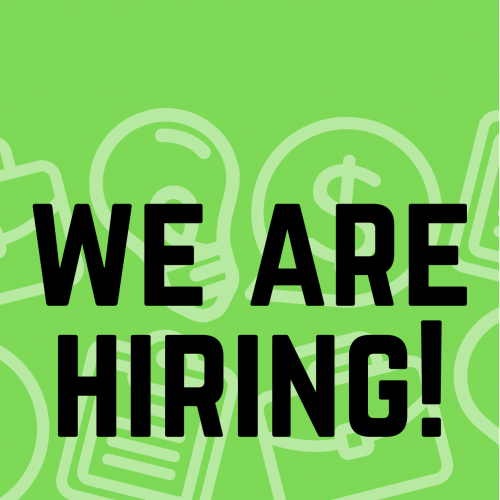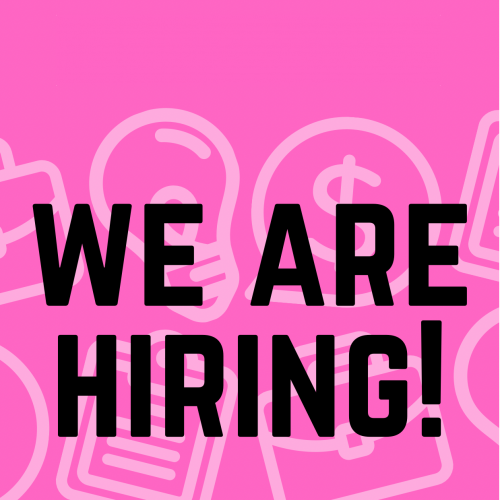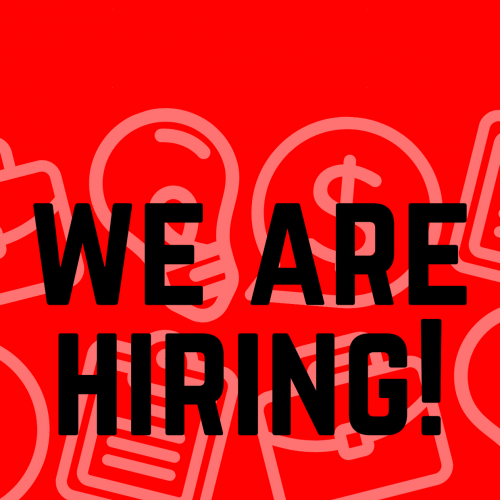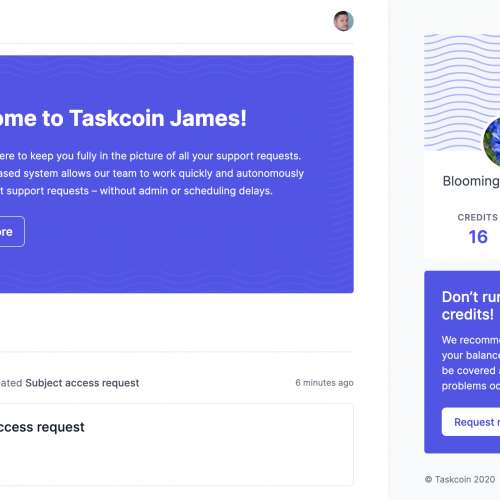If you’re looking for exciting new opportunities in private and public sector organisations, replying to Requests for Proposal could be for you.
Many organisations in need of services will put a project ‘out to tender’, meaning they’ll invite companies to bid on the work and choose who to employ based on certain winning criteria.
As a company who has won, and lost, a number of tenders, we thought we’d share 9 things we’ve learned about the tendering process that could help you win a tender…
1. Is it the right tender for you?
Putting together a proposal can take time. It sounds obvious but before you even decide to respond to a tender it’s good practice to get as clear an indication as possible from the decision making client that there is a genuine appetite for change, and that you have a very good chance of winning it. Here’s some advice from Simpleweb’s Business Development Manager, Jack Thompson:
“Every business has it’s own ‘perfect’ project, so do your homework and ask as many questions as possible to eliminate as many red flags as possible before you commit to respond. Alongside whatever core criteria you have for your perfect project consider things like how many other businesses are tendering, the availability of the client during the process, and expectations on timings and process as indicators of whether it’s worth the investment of time.”
2. Attention to Detail
Of course, you want to be judged based on the merit of your skill and experience, but if you hand in a poorly formatted, or error ridden proposal, you can’t expect anyone to waste their time trying to figure it out.
It might sound obvious, but don’t forget to proofread, check, double check (and triple check!) your application for spelling and grammar mistakes. You might not be applying for work that requires perfect spelling and grammar, but a lack of attention to detail is going to make you look sloppy and lazy compared to other applicants.
3. Don’t Quote Too Much or Too Little
Most tenders will require you to fill in a pricing table, or provide your own pricing schedule. While it can be tempting to underestimate your quote, a low price will likely ring alarm bells for the client.
Michael Zipursky of Consulting Success, warns about the negative image associated with lower bids…
“Often times consultants feel they can win these bids by placing the lowest offer. This usually doesn’t work. The cheapest of anything often comes with the cheapest image. So be careful. The awarding company may view the lowest bid as poor quality and you want your pricing to be competitive.”
On a more obvious note, it’s not worth bumping up your price to see if you can get away with it. Most tenders are extremely competitive and you can usually expect that someone else has quoted less than you.
4. Describe your working process
It’s likely that a lot of people will think up similar solutions to you. In this case, it’s really your working process that will set you apart from the competition.
Describing exactly how you work gives the client the chance to visualise how the project will be run.
Do you have a special process to help you look after clients? Tell them about it. Explain how you will communicate with them, how you will make sure their ideas are heard and how you will make sure they have the input they want.
Finally, make sure you describe all of this in simple, concise terms. Scrap the jargon. The client will appreciate it.
5. Understand the client’s pain points
It’s one thing to explain how you will do the work the client wants done, but it takes a lot more care and attention to read between the lines and understand the pain the client is facing.
What is wrong with their current system? What problems are they trying to fix with this tender?
Business proposal software provider, Quoteroller, recommend summing up the client’s requirements and objectives before you even start proposing a solution…
“Prove from the get-go that you understand the client’s objectives/request as they relate to the product or service you can provide. This may seem like you’re telling them things they already know, but, in reality, clients want to be sure you understand their request and their needs.”
6. Be flexible
It’s very unlikely that the brief will provide all of the information you need. In most cases, you will be provided with a person to contact with questions about the tender, but do note, there’s usually a deadline for questions, so get them in fast!
Until you’ve actually had the chance to sit down with the client and discuss their requirements in detail, you’re probably not going to be in a position to make specific recommendations.
We’ve found that it’s better to be vague with responses, explaining ways that you could address the problem, without committing to any one solution until you’ve discussed the client’s requirements in more detail.
7. Research, Research, Research!
Yes, it’s time consuming, but if you don’t research, you’ll almost definitely lose out to someone who has.
There are three areas you should research before you even start your proposal…
- The client – make sure you understand the client’s business, products or services, the problems they’re facing and the solutions they’re looking for.
- The market – show the client you understand their world by researching the market and how their industry works.
- The competitors – while we don’t recommend getting caught up in the competition, it’s worth looking around at what others are doing, which could inspire your application or help you discuss issues the client may be facing.
In this article for Marketing Donut, Business Communications Consultant, Terry Hunt, recommends talking about the client and their industry to build rapport and establish your credibility…
“Show the reader that you are considering their best interests. Discuss the various approaches they could take, and eliminate the irrelevant ones. Then give them the rationale of your proposition.”
8. Start with a summary
While your proposal needs to explain your solution in detail, you should make sure you describe everything, in brief, in the first page or two.
David Kutcher of Confluent Forms believes that starting your proposal with a summary shows the client that you’re thinking of them and trying to be helpful…
“Faced with the situation of having to read 300+ pages of different vendors’ proposals many people read the first page and then start skimming, and if they’re not skimming, their minds are probably going numb. Your executive summary or cover page should give a 1-page overview of your proposal, hitting all of the high notes for why you are the optimal choice for them, including budget and other pertinent details.”
9. Be honest
Tendering doesn’t have to be about bending over backwards to give the client a solution that you believe, deep down, isn’t as good as it can be. Yes, you want the job, but is it worth risking your integrity for?
If the client has asked for one thing in the proposal, and you think there’s a better solution, why not tell them? We regularly say “yes we could do that, but we think this is a better solution for your problem, and here’s why…”
However, be careful not to criticise the client or any of their current products or services too much. They’ve put a lot of time and effort into what they do. If you come in smack talking about their company, they’re unlikely to listen to you… even if you’re right.
10. If you don’t win, ask why
Hopefully, these tips will help you write the perfect winning tender, but as we learned the hard way, practise really does make perfect. Whatever happens, don’t become disheartened if you don’t win. DO ask for feedback. Most companies will be happy to provide feedback either via email or over the phone to help you understand what you could have done better.
If you’re applying for work with a public sector organisation, you may even be able to request a copy of the winning tender under the Freedom of Information Act.
If you’re interested in working with Simpleweb on your next digital venture, get in touch now, or check out some of our previous work!
UPDATED: 17th April 2018 (to include some advice from Simpleweb’s Business Development Manager)
If you’d like to discuss your startup or project, get in touch with Simpleweb today.



